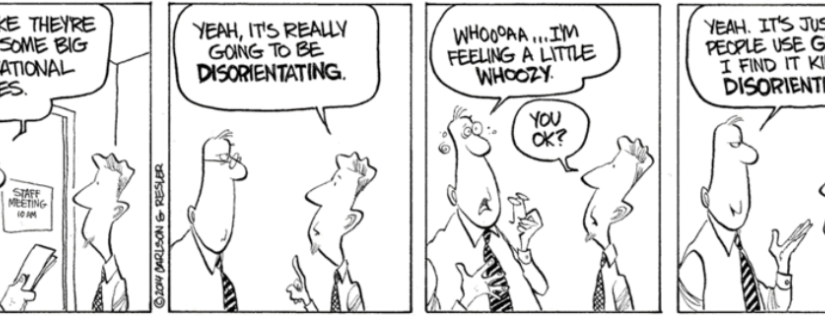I can’t believe a professional writer would make this mistake:
University of Delaware marine scientist Danielle Dixson has the next five years of research pretty well covered: She recently received a National Science Foundation (NSF) award of $750,000 to study climate change’s affect on the symbiotic relationship between clownfish and sea anemones.
I made the offending word bold to make the solecism easy to spot. This error is most common among folks who didn’t pay a whole lot of attention in English class. Professionals know better.
Affect is a verb (okay, except in the field of psychology, where it’s pronounced “æfekt,” accent on the first syllable, not “uhfekt,” accent on the second syllable)
Effect is a noun that means a result (and as with many nouns in English, you can use it as a verb meaning “to cause.”)
Here affect is misused. The sentence wants a noun in that spot, so it should be effect. Harrumpf.
PS—I ran into another article getting this wrong. Here’s the quote:
“2018 has unfortunately been a prime example of global warming’s effect on the jet stream,” Humphrey writes. He predicts that warm temperatures will continue to melt sea ice, and could eventually effect permafrost, or ground that stays frozen permanently (as it’s name suggests).
The first sentence quotes Humphrey, the source, who correctly uses “effect” as a noun. The second sentence uses “effect” as a verb, which means the warm temperatures could cause the permafrost. This is the opposite of what the writer means.
Come on, professionals. Get your act together.

